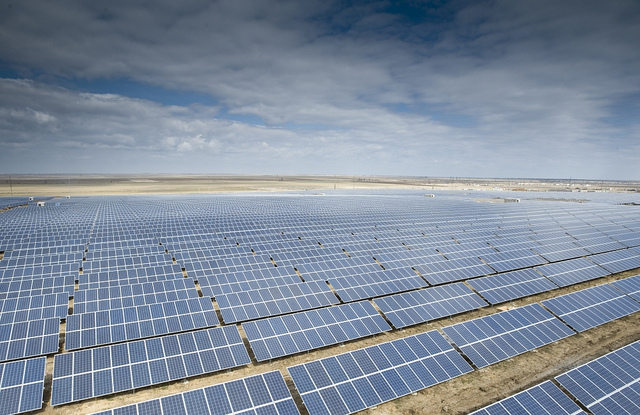The Massachusetts Institute of Technology (MIT), long a skeptic of distributed-solar assets’ usefulness, issued a report that suggests large-scale, utility-controlled solar assets may make better economic sense in the long-run.
A 384-page report, Utility of the Future details what the utility of the future might look like, including the challenges of integrating distributed solar into its portfolio.
It warns regulators that they must “minimize distortions from charges that are designed to collect taxes, recover the costs of public policies [including subsidies for renewable energy [and] cross-subsidies between different categories of customers, etc.), and recover residual network costs (i.e., those network costs that are not recovered via cost-reflective charges).”
The recommendation parrots an oft-used (but equally often disproven) argument that utilities make that distributed-generation (DG) solar users shift the burdens of utility-generated electricity-system upkeep to non-solar customers, a claim that at least 16 state-level studies have found to be mythical.
MIT’s experts also single out DG PV as resources that may cost more than its benefits are worth. The report’s authors write:
“Economies of scale still matter, even for distributed energy resources. For resources that can be deployed at multiple scales, such as solar PV and battery energy storage, incremental costs associated with failing to exhaust economies of unit scale can outweigh locational value.
This can result in a “distributed opportunity cost,” making distributed deployment of these resources inefficient. Trade-offs between the incremental costs and additional locational value associated with deploying distributed resources on a smaller scale must be considered in each context.
For resources that exhibit significantly higher unit costs at smaller scales, such as solar PV and battery energy storage, distributed deployment is likely to be inefficient in many locations.”
This content is protected by copyright and may not be reused. If you want to cooperate with us and would like to reuse some of our content, please contact: editors@pv-magazine.com.



PV economics depend on 3 factors: economies of scale, radiation at location and use of tracker. None of these are optimal or efficient on a rooftop scale. MW size PV parks double the economic efficiency of PV compared to rooftops. Brazil´s distributed generation rules already allow shared and remote generation. This offers the population the benefits of PV parks and still empower them to generate their own power remotely.
Of course if everyone had solar panels on their roofs it would be financially detrimental to utility companies. It does not mean it is not an economical choice for the consumers and a combination of both will be needed in the future.
So sad to see MIT disgrace its legacy by selling out to the Koch’s fossil interests. Shame!